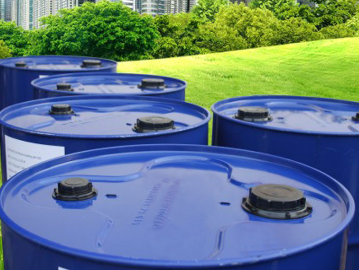
Silicone Fire Sealant: The Missing Piece in Your Fire Safety Plan
When it comes to fire safety, having a comprehensive plan in place is crucial. This plan should include various elements such as smoke alarms, fire extinguishers, and escape routes. However, there is one important component that is often overlooked – a silicone fire sealant. In this article, we will explore the benefits of using silicone fire sealant and why it should be considered the missing piece in your fire safety plan.
Silicone fire sealant is a high-quality product specifically designed to prevent the spread of fire and smoke by sealing gaps and joints in buildings. It is a versatile material that can be used in various applications, including sealing around doors and windows, electrical penetrations, and pipe penetrations. By creating a fire-resistant barrier, silicone fire sealant helps to slow down the spread of fire, allowing more time for occupants to evacuate the building safely.
One of the key advantages of using silicone fire sealant is its ability to maintain its integrity even at high temperatures. It has a high fire rating and can withstand temperatures of up to 200 degrees Celsius or more. This makes it an ideal choice for fireproofing purposes, as it can withstand the intense heat generated during a fire for an extended period. Unlike other materials that may melt or degrade under high temperatures, silicone fire sealant remains intact, providing a reliable barrier against fire and smoke.
In addition to its excellent fire resistance properties, silicone fire sealant also offers good adhesion and flexibility. It can adhere well to a variety of surfaces, including concrete, metal, wood, and plastic. This ensures that the sealant forms a tight and durable bond, effectively sealing any gaps or joints that could potentially allow fire and smoke to pass through. The flexibility of silicone fire sealant allows it to accommodate movement and vibration without cracking or breaking, ensuring the longevity of the fire-resistant barrier.
Another advantage of using silicone fire sealant is its resistance to water and other liquids. It is unaffected by moisture, which means it can be used in areas prone to water exposure, such as bathrooms or kitchens. This moisture resistance also prevents the sealant from deteriorating over time, ensuring its effectiveness in the event of a fire. Additionally, silicone fire sealant is resistant to UV rays, making it suitable for both indoor and outdoor applications.
Furthermore, silicone fire sealant is easy to apply and requires minimal maintenance. It is available in various forms, including cartridges, tubes, or pre-mixed solutions, making it convenient for both DIY enthusiasts and professional installers. The sealant can be easily applied using a caulk gun or trowel, ensuring a smooth and consistent finish. Once applied, silicone fire sealant requires minimal upkeep, providing long-lasting protection against fire hazards.
In conclusion, silicone fire sealant is an essential component in fire safety planning. Its ability to create a fire-resistant barrier, withstand high temperatures, adhere to various surfaces, resist water and UV rays, and require minimal maintenance makes it a reliable choice for sealing gaps and joints in buildings. By including silicone fire sealant as part of your fire safety plan, you can enhance the overall protection of your property and ensure the safety of its occupants. Don't let this missing piece go unnoticed – prioritize fire sealant in your fire safety strategy today.